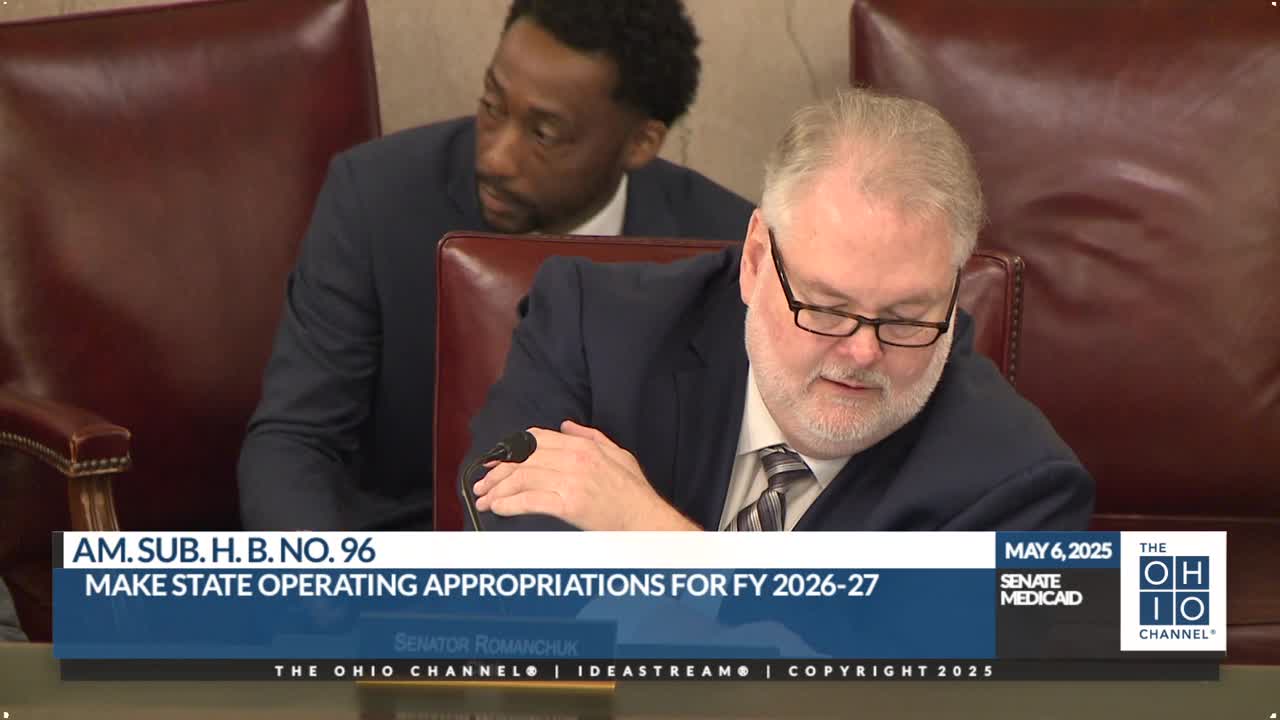Article not found
This article is no longer available. But don't worry—we've gathered other articles that discuss the same topic.
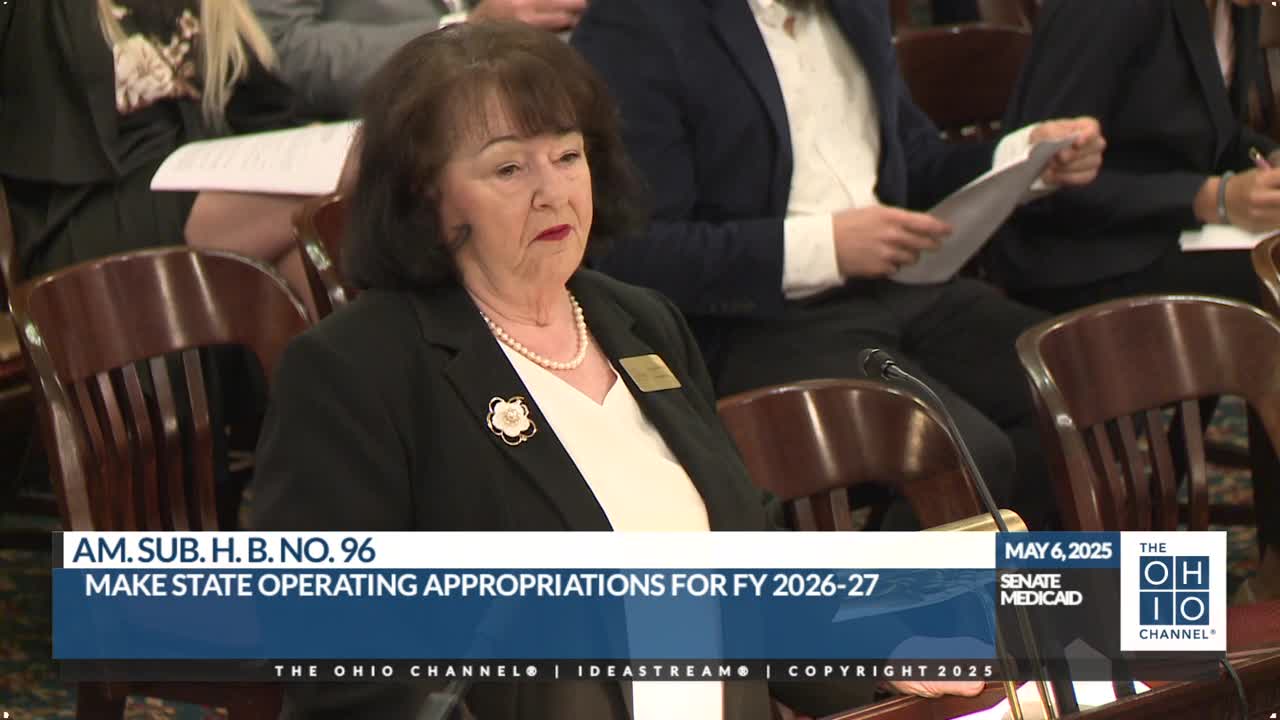
Friendship Circle of Cleveland asks Ohio Senate for $300,000 annual appropriation to expand services for children with disabilities
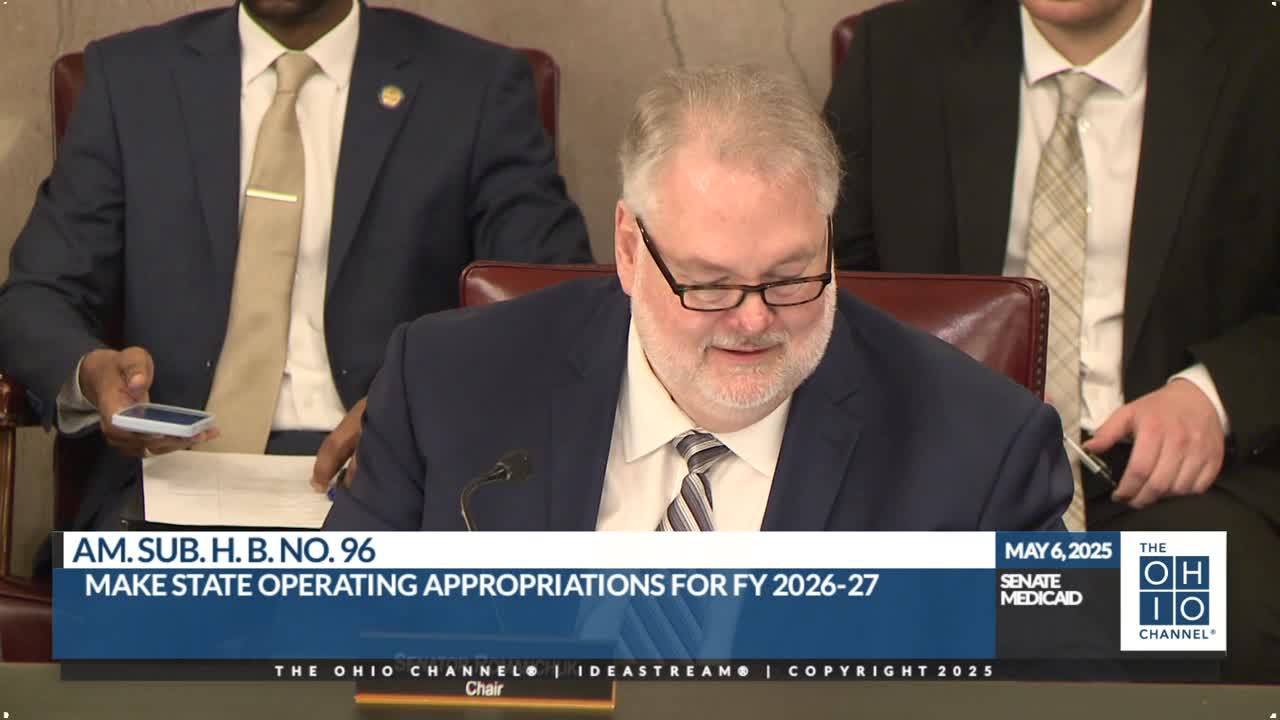
Pharmacy groups and community health centers press Senate to preserve 340B access and transparency in Medicaid drug payment
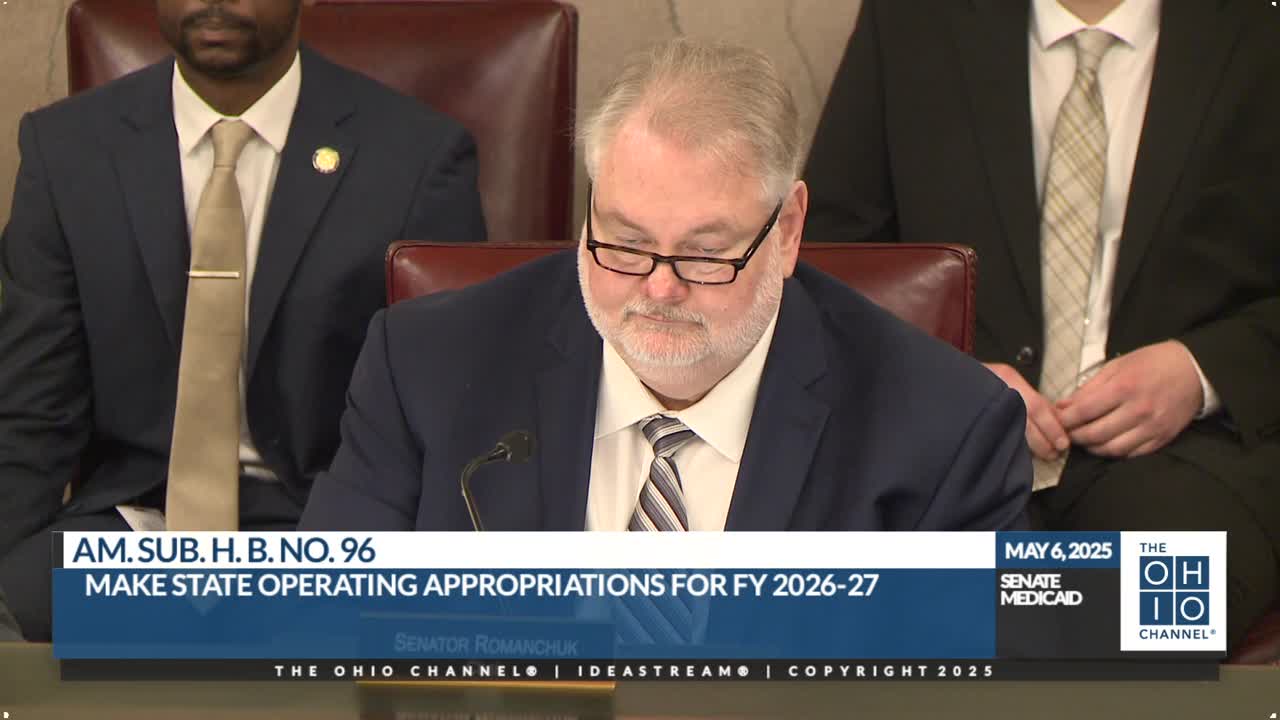
Advocates urge Senate to restore maternal and infant health investments and preserve statewide doula coverage
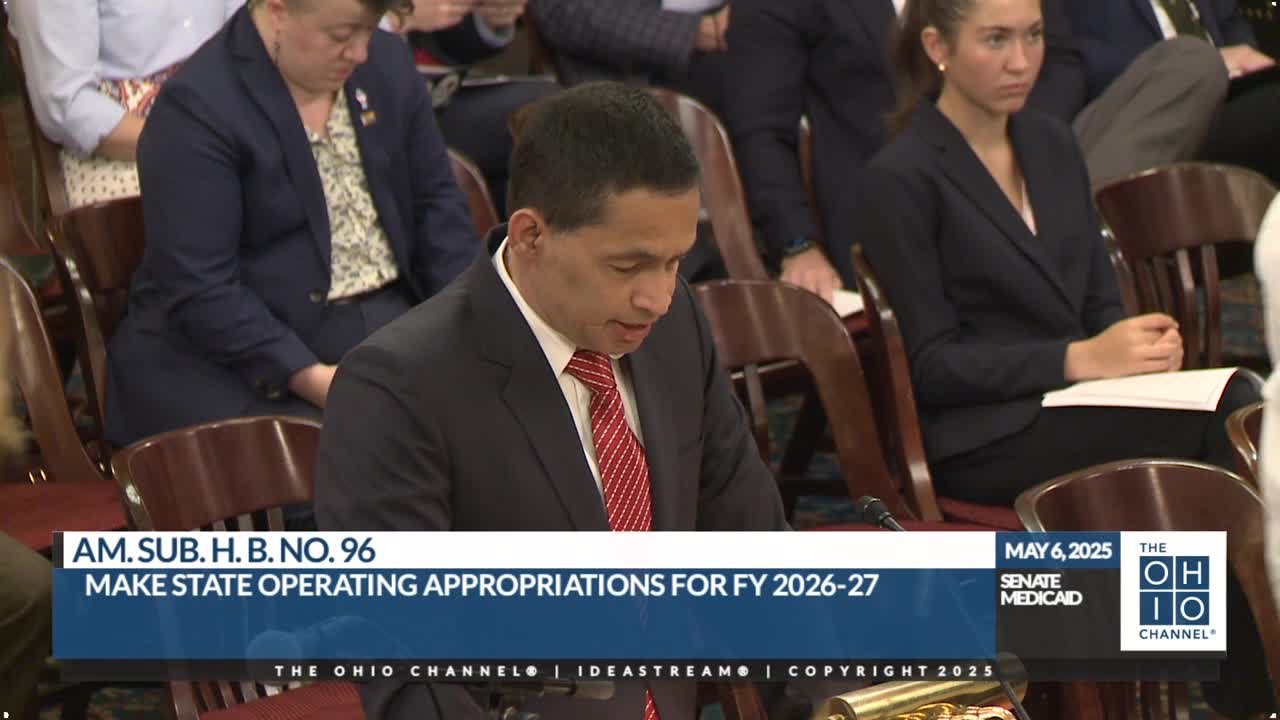
Quest Diagnostics asks Ohio Senate to raise Medicaid lab rates, citing cutbacks after last budget
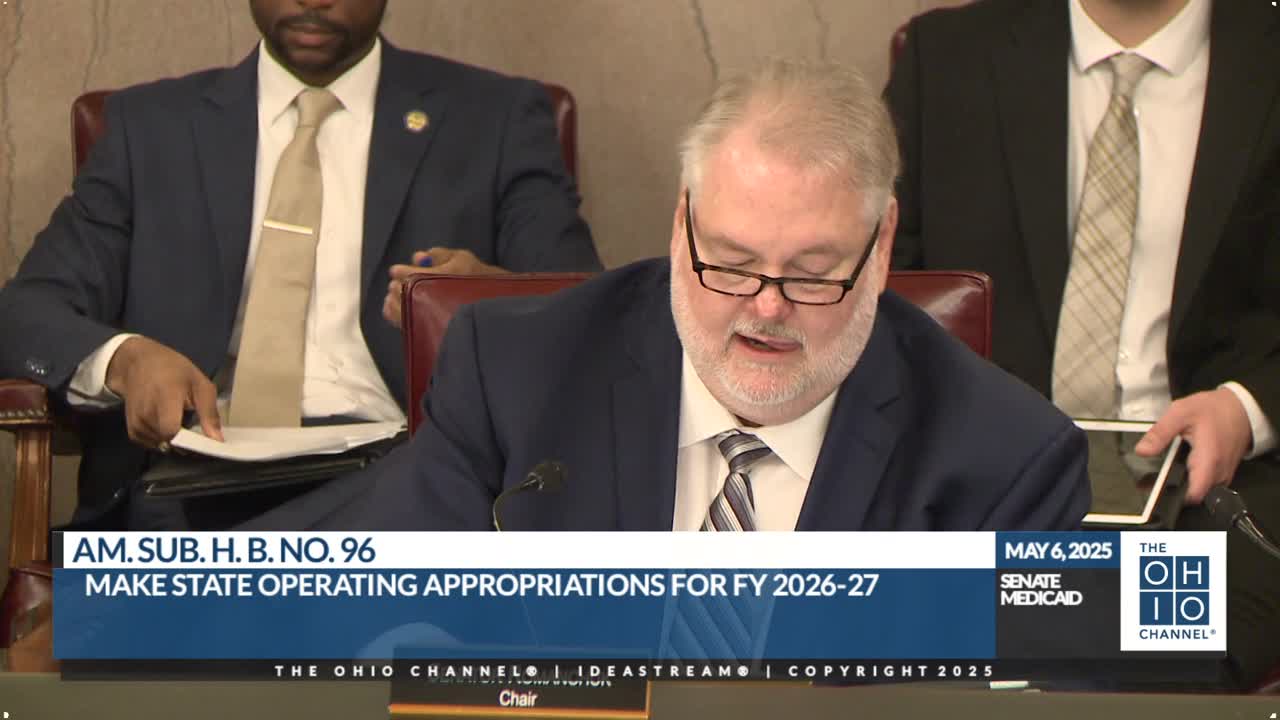
Disability advocates ask Senate for $20,000 unearned-income disregard to preserve Ohio WorkAbility benefits
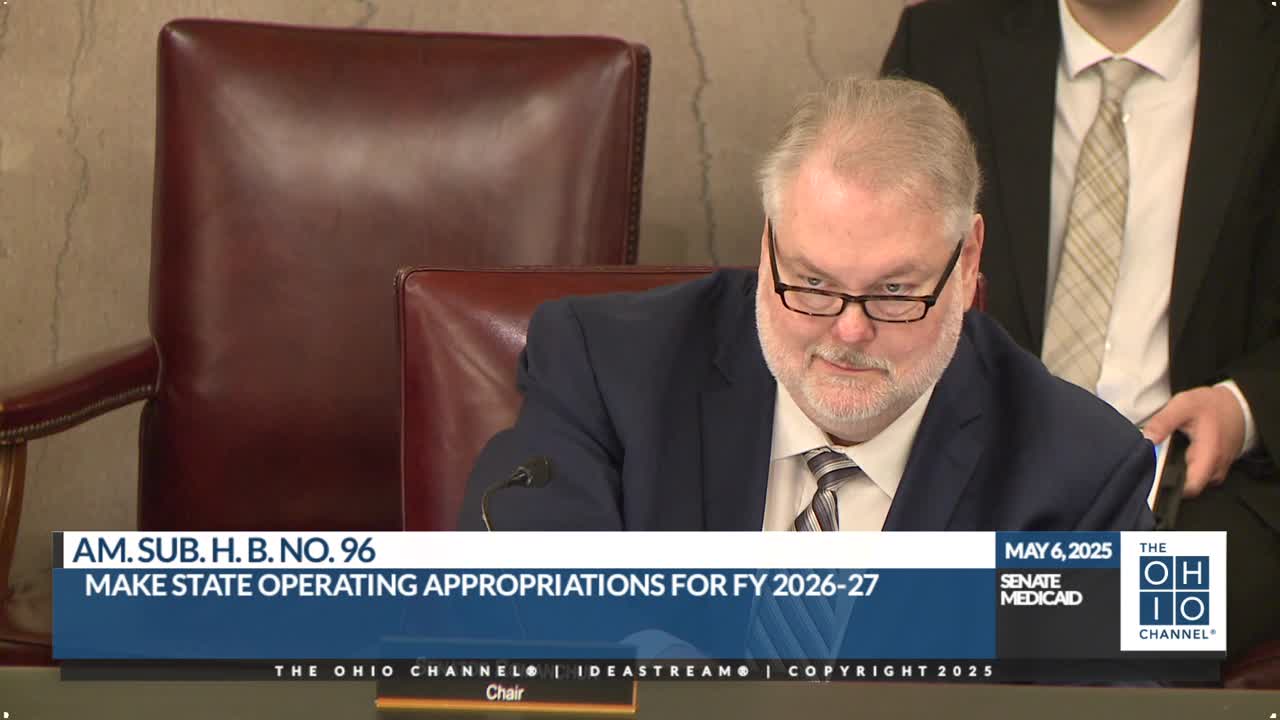
Ohio community centers for the deaf warn funding cuts will reduce services across rural counties
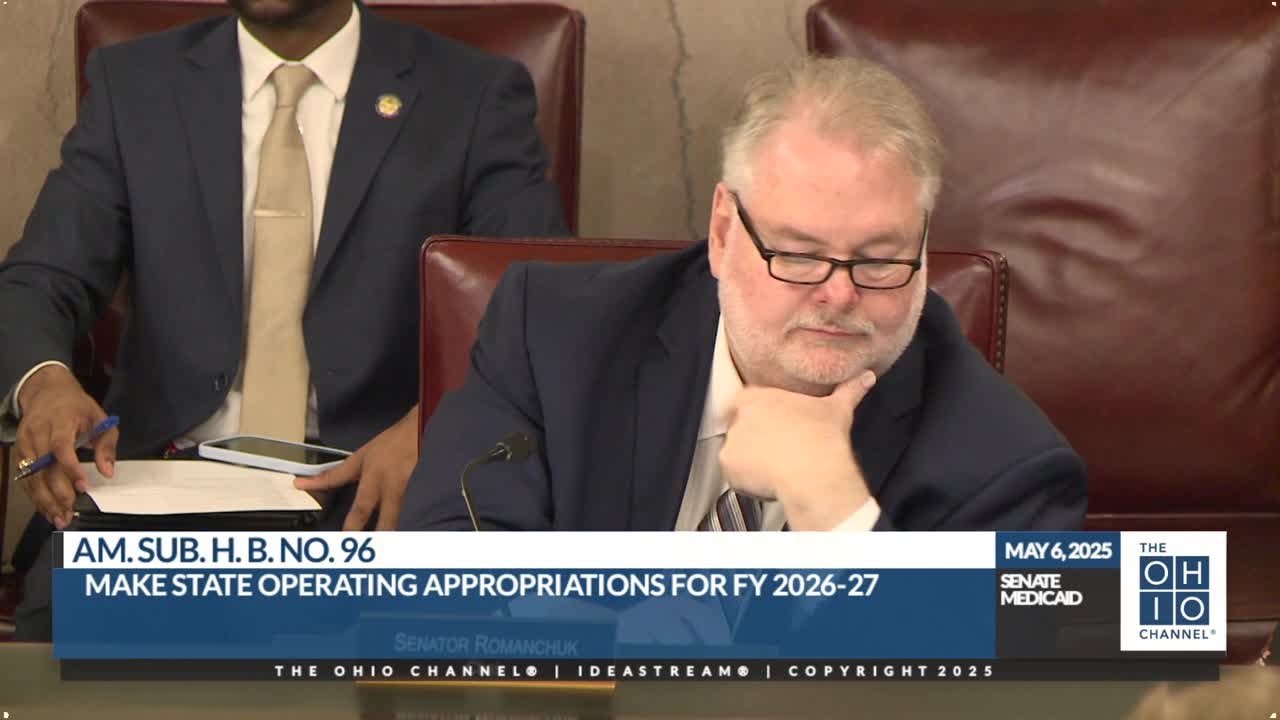
Behavioral-health providers urge Senate to preserve recent rate increases and avoid cuts that would worsen workforce shortages
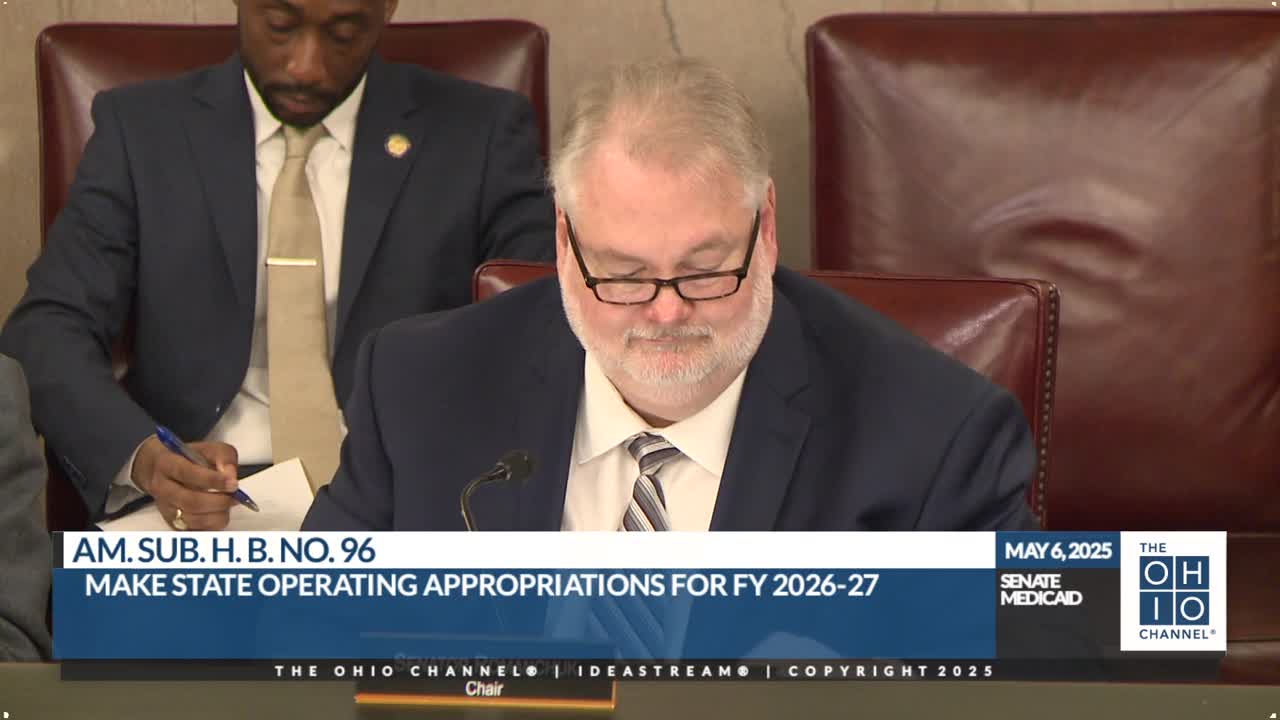
Ohio hospices urge lawmakers to fix 95% room-and-board reimbursement and pause EVV denials
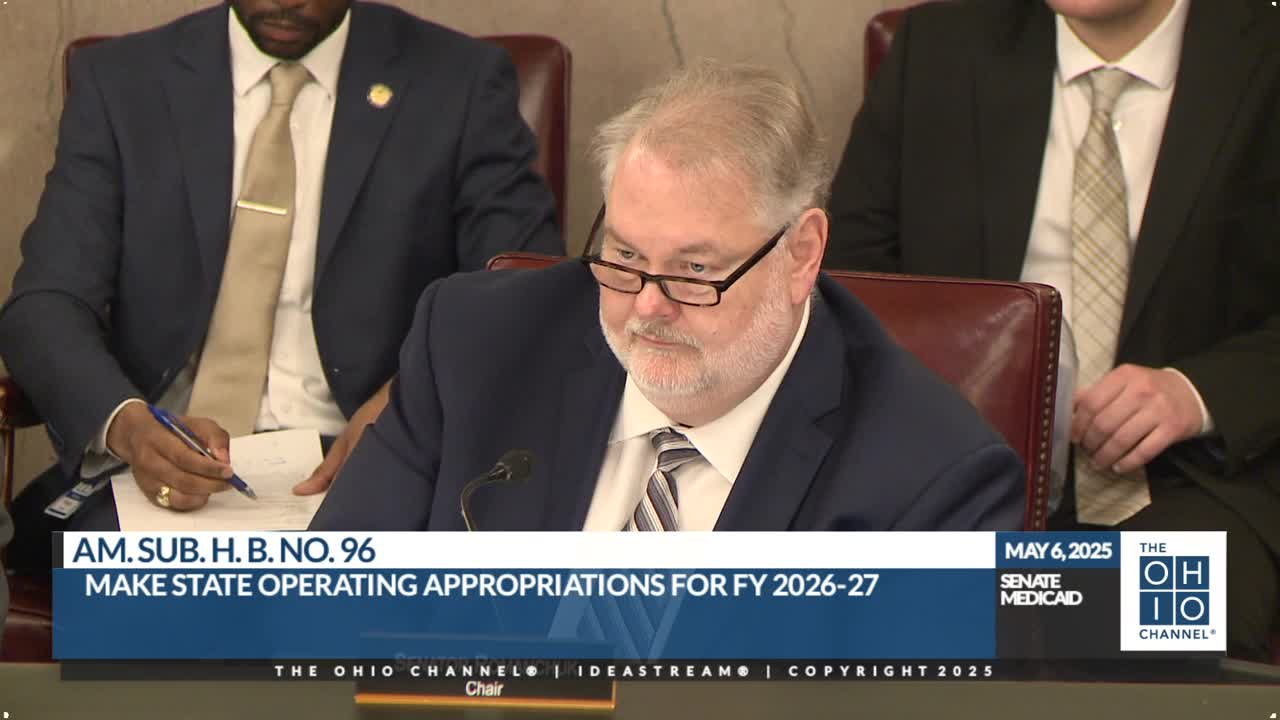
Trans advocates say budget language banning Medicaid-funded gender-affirming mental health care would put lives at risk
